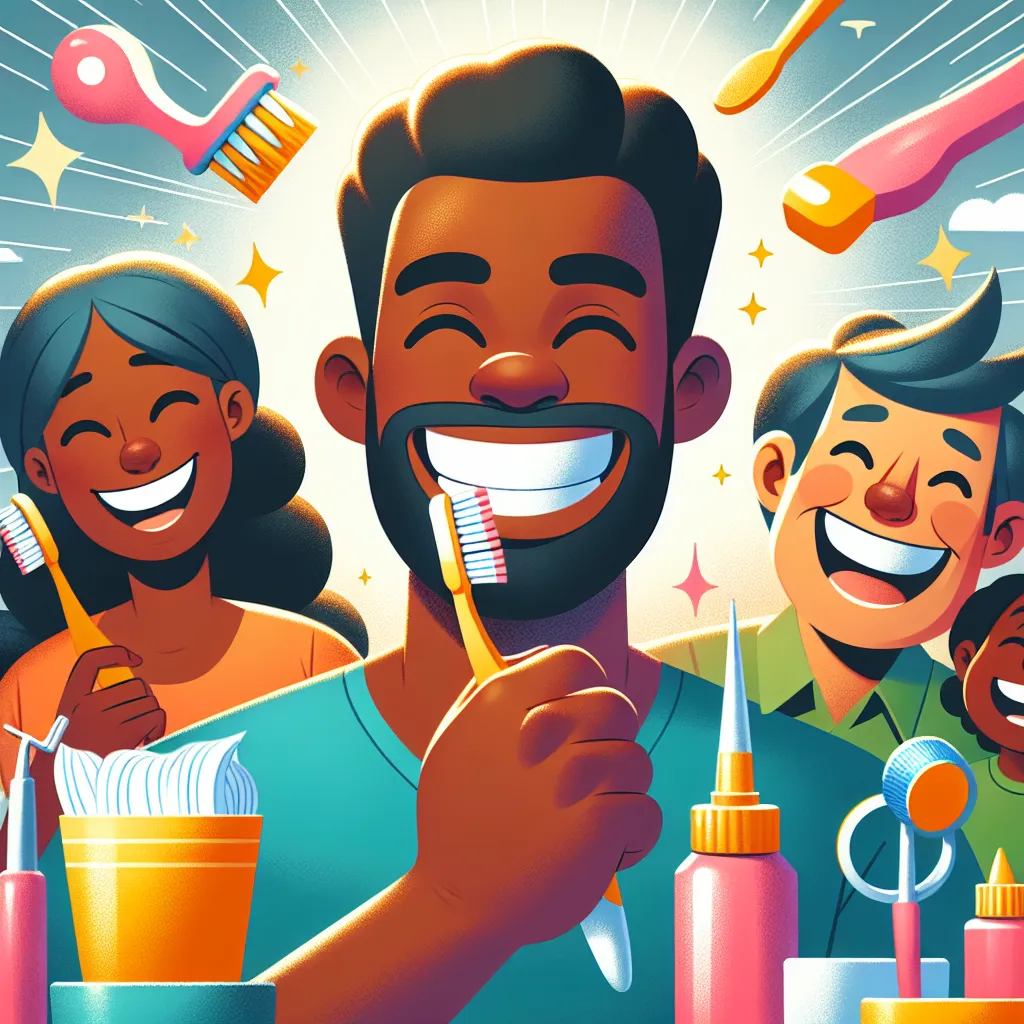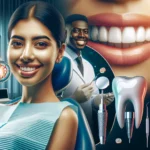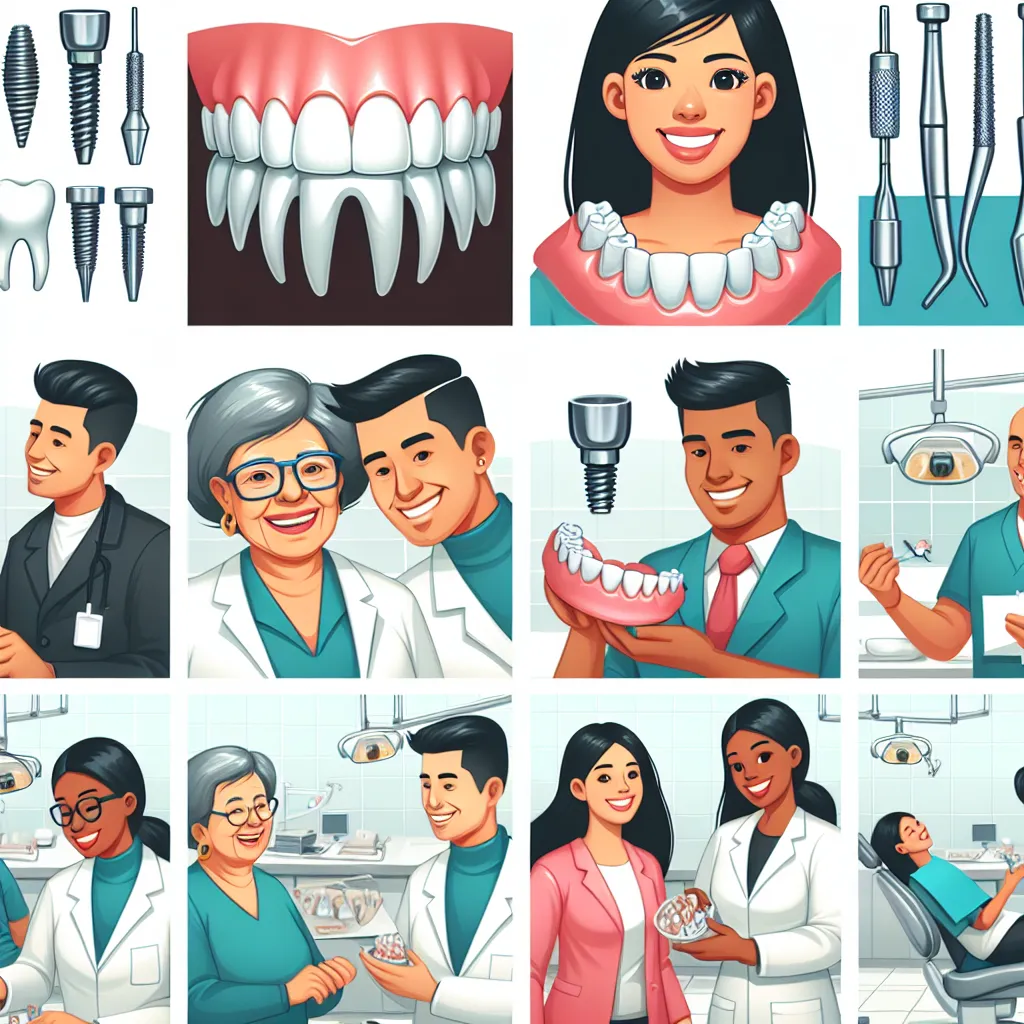We brush, floss, and maybe curse at that one stubborn piece of popcorn stuck between our teeth. Yet, dental health is more than a daily hassle—it’s the silent partner shaping our confidence, heart health, and even our wallets. Many people view dental health as a chore, but it’s actually a gateway to feeling good, eating well, and avoiding major (and painful) surprises. Let’s cut through the noise and make dental health simple, practical, and a little less intimidating.
What Dental Health Really Is—and Why It Matters
Dental health covers the care and condition of our teeth, gums, and mouth. It’s not just about avoiding cavities or yellow teeth—it’s about preventing gum disease, infections, and other problems that can ripple through our whole body. When dental health slips, the consequences aren’t just cosmetic. Poor oral care can fuel heart disease, diabetes, and even make us feel self-conscious or less social. It’s wild how much power sits in our smile.
Why Should We Even Care About Dental Health?
- Physical health: Gum disease has been linked to heart issues and diabetes.
- Mental health: Painful teeth or inflamed gums can lead to sleepless nights and anxiety.
- Financial health: Preventive care is way cheaper than root canals or implants.
The Benefits and Drawbacks of Prioritizing Dental Health
Let’s get real: maintaining dental health takes some effort, but the upsides are massive.
Key Benefits
| Benefit | Why It Matters |
|---|---|
| Fewer dental bills | Cleanings cost less than fillings or crowns |
| Better breath & smile | Confidence in personal and professional settings |
| Lower disease risk | Reduces chances of heart, lung, and gum problems |
| Enjoy eating | Fewer toothaches mean more food choices |
Drawbacks (Yes, There Are a Few)
- Time commitment: Brushing, flossing, and dental visits eat up time.
- Cost: Not all insurance covers every preventive treatment.
- Sensitivity: Some products can make teeth sensitive, especially whitening ones.
- Over-cleaning: Brushing too hard damages enamel and gums.
Dental Health in Action: Who Needs What?
No two mouths are the same. Kids, adults, and older folks all have unique needs.
Dental Health for Kids
- Early habits stick for life.
- Baby teeth matter—they hold space for adult teeth.
- Sugar and juice are sneaky culprits behind cavities.
Dental Health for Adults
- Stress and diet have real impact.
- Flossing is no longer optional (sorry).
- Regular check-ups catch silent issues early.
Dental Health for Older Adults
- Enamel wears down—teeth get more sensitive.
- Gum recession is common.
- Dry mouth from meds increases cavity risk.
Table: Dental Health Needs by Age Group
| Age Group | Main Concerns | Key Actions |
|---|---|---|
| Children | Cavities, crowding | Supervised brushing, sealants |
| Adults | Gum disease, decay | Daily flossing, pro cleanings |
| Seniors | Sensitivity, dry mouth | Hydration, fluoride toothpaste |
How to Actually Evaluate Dental Health Options
With so many tools and products in the drugstore aisle, how do we know what’s worth our time (and money)?
Tips for Smart Choices
- Look for fluoride: It’s proven to prevent cavities.
- Soft-bristled brushes: Hard bristles do more harm than good.
- ADA Seal: The American Dental Association approves products that work.
- Read ingredient lists: Avoid mouthwashes with alcohol if you have dry mouth.
- Don’t chase trends: Charcoal toothpaste and oil pulling aren’t miracle cures.
Costs and Features Breakdown
| Product Type | Average Cost | Must-Have Feature | Nice-to-Have |
|---|---|---|---|
| Manual toothbrush | $1–$5 | Soft bristles | Ergonomic handle |
| Electric toothbrush | $20–$100 | Timer, pressure sensor | Bluetooth/app sync |
| Toothpaste | $2–$6 | Fluoride | Whitening, sensitivity care |
| Floss | $2–$8 | Unwaxed or waxed | Flavored, tape style |
| Mouthwash | $4–$12 | Alcohol-free (if needed) | Whitening, enamel strengthening |
When to See a Dentist
- Bleeding gums, bad breath that won’t quit
- Sensitivity to hot/cold
- Pain or swelling
- Chipped or loose teeth
Real-World Dental Health Stories
We all know someone who’s dodged the dentist for years—or maybe that’s us. Here are three (anonymous) tales that show how dental health can change lives:
Story #1: The Soda Fan
A college student drank two sodas a day for years. By graduation, they had five cavities and major gum irritation. After switching to water and sugar-free gum and sticking to a twice-daily brushing routine, their next check-up brought a clean bill of health.
Story #2: The Reluctant Flosser
A new parent skipped flossing, thinking brushing was enough. By age 35, gum disease set in. Their dentist recommended deep cleaning and daily flossing. Within six months, inflammation dropped and their gums stopped bleeding.
Story #3: The Retiree’s Comeback
A retiree lost a tooth to gum disease and worried about eating steak or apples. They got a dental implant and started using a water flosser. Not only did eating become fun again, but their confidence to smile returned.
Most-Asked Questions About Dental Health
How often should I really brush and floss?
Twice a day for brushing, once a day for flossing. More is not always better—overdoing it can hurt gums.
Are bleeding gums normal?
Nope. Bleeding is a sign of inflammation or gum disease and needs attention.
Does dental health affect my overall health?
Absolutely. Gum disease links to heart problems, diabetes, and more.
Is mouthwash necessary?
It’s helpful, especially for those with braces or gum problems, but not a substitute for brushing and flossing.
What foods are worst for dental health?
Sugary drinks, sticky candies, and foods that get stuck in teeth (like dried fruit) are top offenders.
Can I reverse a cavity?
Early-stage decay can sometimes be stopped with fluoride, but once there’s a hole, only a dentist can fix it.
How do I pick the right toothbrush?
Go for soft bristles and a size that fits your mouth. Electric brushes are great, but not required.
Dental Health by the Numbers
Let’s look at the reality of dental health in the United States:
Common Questions About Dental Health
How often should I brush and floss to maintain good dental health?
You should brush twice a day for two minutes and floss once daily to keep your teeth and gums healthy.
Why are bleeding gums a concern, and what should I do about it?
Bleeding gums indicate inflammation or gum disease and should be checked by a dentist to prevent further complications.
Can poor dental health affect my overall health?
Yes, poor dental health has been linked to heart problems, diabetes, and other systemic conditions, making oral care vital for overall well-being.
Is mouthwash necessary for good dental hygiene?
Mouthwash can be helpful, especially for specific issues like gum problems, but it should complement brushing and flossing, not replace them.





